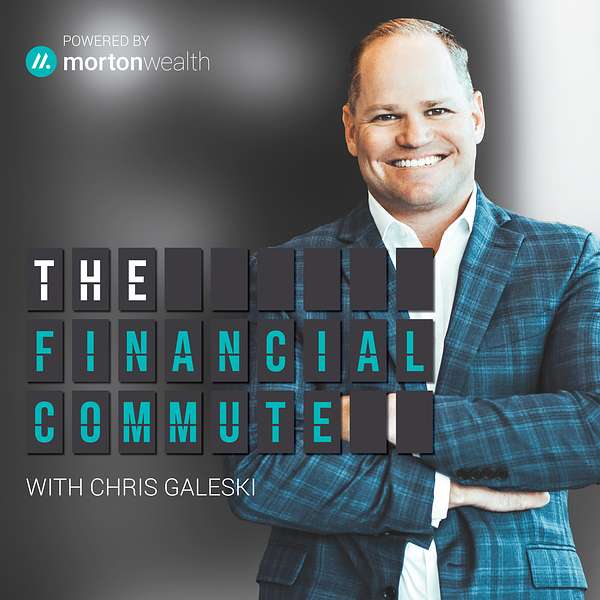
THE FINANCIAL COMMUTE
Hosted by Wealth Advisor Chris Galeski, THE FINANCIAL COMMUTE is a weekly podcast that gives the rundown on what's going on in the current market, how it affects you, and what you can do about it – all designed to fit into your commute. Each week Chris welcomes an expert guest, including Morton Wealth advisors, fund managers, and investment analysts, to break down complex financial topics. Our goal for this podcast is to provide you with the tools to help you navigate this challenging environment, leading to a path of more confident investing.
THE FINANCIAL COMMUTE
The Hidden Forces Driving Interest Rates & Market Volatility
On this week's episode of THE FINANCIAL COMMUTE, host Chris Galeski welcomes Chief Investment Officer Meghan Pinchuk to discuss interest rates, the hidden forces behind them and their impact on the economy.
Here are some key takeaways from their conversation:
- While many perceive current interest rates as extreme, they are in line with long-term historical averages.
- Despite Fed rate cuts in 2024, long-term rates (like the 10-year Treasury yield) rose, making mortgages and loans more expensive.
- The Federal Reserve influences short-term rates, but the bond market determines longer-term rates based on inflation expectations, supply and demand, and debt levels.
- The U.S. must refinance trillions in debt in 2025 at higher rates, increasing borrowing costs and potentially driving yields higher.
- Meghan explains that one way to manage high debt levels is to let inflation run slightly high, effectively reducing the value of the dollar over time.
- While new government efficiency efforts sound good, most spending is non-discretionary (like Social Security and defense), making meaningful cuts challenging.
- Morton Wealth is prioritizing private lending and floating-rate investments, which provide strong returns without depending on interest rate movements.
- While markets remain unpredictable, Chris and Meghan stress the importance of avoiding speculation, focusing on solid fundamentals, and being prepared for multiple economic scenarios.